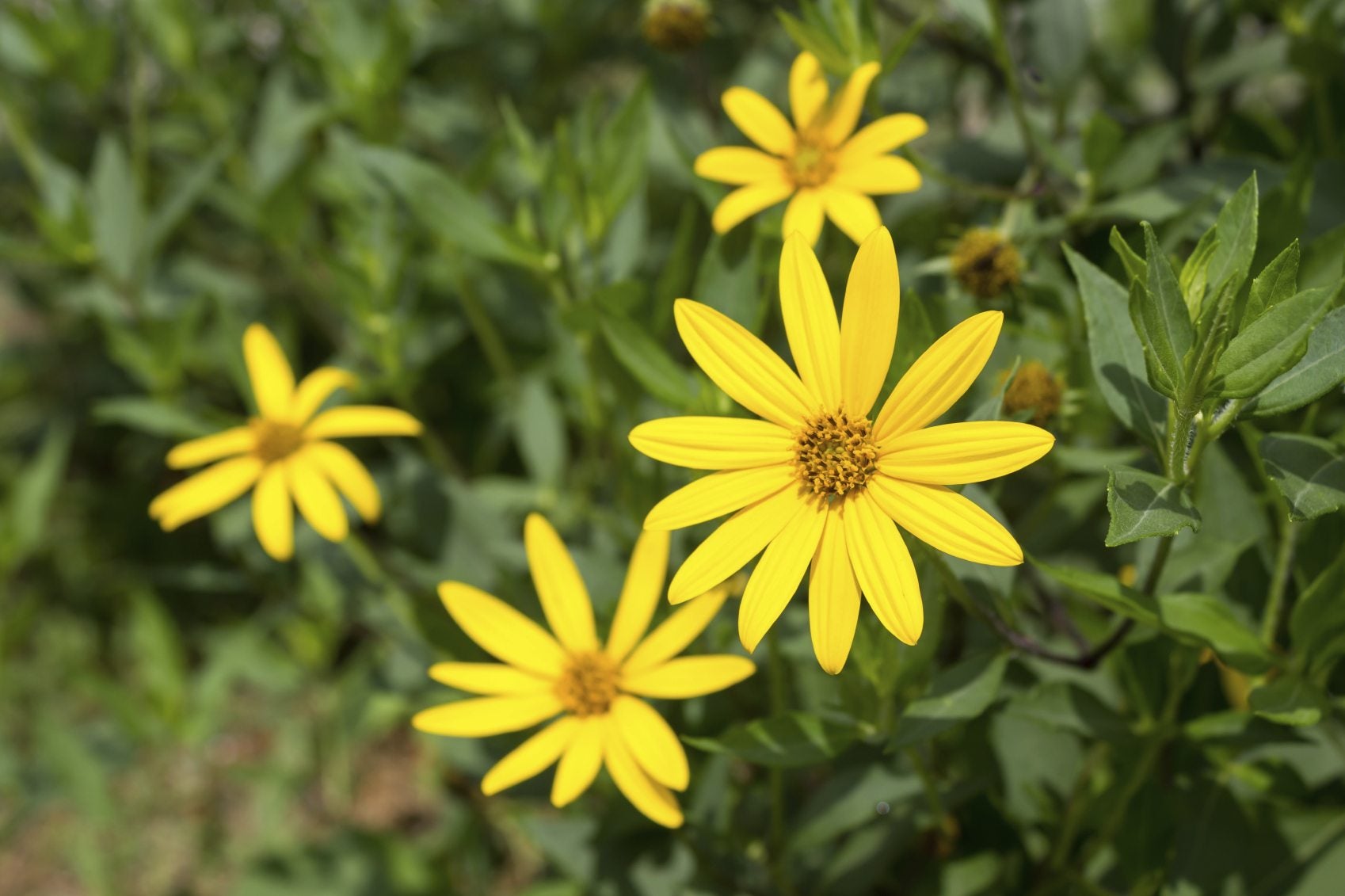Jerusalem Artichoke Weeds: How To Control Jerusalem Artichokes


Sign up for the Gardening Know How newsletter today and receive a free copy of our e-book "How to Grow Delicious Tomatoes".
You are now subscribed
Your newsletter sign-up was successful
Jerusalem artichoke looks much like a sunflower, but unlike the well-behaved, summer blooming annual, Jerusalem artichoke is an aggressive weed that creates big problems along roadsides and in pastures, fields, and home gardens. Jerusalem artichokes weeds are especially invasive along the West Coast and in the eastern United States.
Is Jerusalem Artichoke Invasive?
Although the sturdy underground tubers of Jerusalem artichoke are edible and highly nutritious, they make the plant extremely difficult to control. Each plant produces from 75 to 200 tubers in a single growing season, and each tuber is capable of sending out up to six shoots. It's easy to understand how Jerusalem artichoke weeds create major headaches.
How to Control Jerusalem Artichokes
Jerusalem artichoke develops new shoots only on tubers formed the previous year. It may seem logical that Jerusalem artichoke weeds should be easily controlled by simply digging the tubers, but, unfortunately, things are not that simple because locating all of the tubers, which grow on long stolons, is nearly impossible. A more effective way of managing Jerusalem artichoke weeds is to pull the young plants as soon as they emerge in spring-- preferably when they are about 4 to 8 inches (10-20 cm.) tall. If you have a large patch of Jerusalem artichoke or if the plants are sprouting in your lawn, you can mow them down. Either method works because new tubers are unable to develop without the above-ground shoots. However, total Jerusalem artichoke control requires you to be super vigilant and remove every single sprout.
Jerusalem Artichoke Control in the Vegetable Garden
If your intent is to grow a small patch of Jerusalem artichoke so you can harvest the tubers, the best way to manage the plant is to snip the blooms from the plants before they go to seed. The flowers are attractive and work well in bouquets, so no need for them to go to waste. When you harvest the tubers in fall, be sure to dig up as many tubers as possible to keep growth in check.
Managing Jerusalem Artichoke Plants with Herbicides
Herbicides should always be a last resort. However, if you've tried everything or if the patch is too large to manage by hand, spray the plants with a broad-spectrum product. The herbicide should be applied on undisturbed plants in the fall. Use the product only according to manufacturer recommendations. Store herbicides out of reach of children and pets. Note: Chemical control should only be used as a last resort, as organic approaches are safer and much more environmentally friendly.
Sign up for the Gardening Know How newsletter today and receive a free copy of our e-book "How to Grow Delicious Tomatoes".

A Credentialed Garden Writer, Mary H. Dyer was with Gardening Know How in the very beginning, publishing articles as early as 2007.